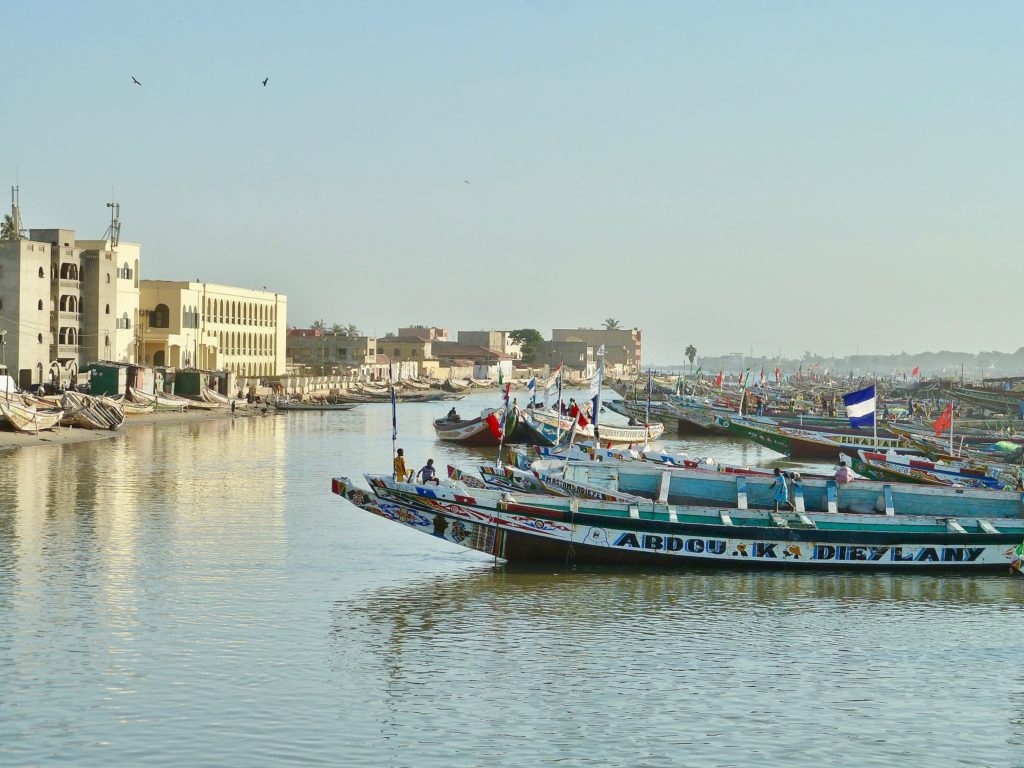Senegal’s financial status is classified as one of the most dynamic and developing nations in Africa. The crucial geographical position of Senegal makes it even more desirable for business. The political immutability in the nation is another factor that enables the business environment of the country.
Senegal’s natural resources, such as oil and gas, are controlled by the state in large part, enabling the state to regulate the prices of important resources for the benefit of its citizens. Additionally, during the past decades, reforms have been made to the legislation and policies pertaining to businesses which have led to restoring the trust of local and foreign investors.
Senegal is majorly a free economy where competition is encouraged and market forces are allowed to self-regulate the prices, entry to the business, and other factors of the economy.

Types of Companies in Senegal
There are several options available in terms of company formation in Senegal, to local and foreign investors alike. Regardless of the type of company, registering a company in Senegal may take anywhere from a day to a week, and not more. The process has been made easier to encourage startups.
Here are the basic requirements for various business structures in Senegal.
Sole Proprietorship
The process begins by visiting the BCE local office in Senegal and submitting an application of intention regarding registering a sole proprietary business. The said office will advise the applicant on the documentation requirements. As per the Senegalese Commercial Law, the following documents may be required for full enrollment, for both locals and non-natives;
- 02 copies of a government-issued national Identity card.
- Police clearance certificate not more than 3 months old.
- A document of residency issued by a quarter director police, or a city hall of your place of residence.
- 02 copies of a valid passport (at least 6 months validity).
- Certificate from the Ministry of Justice certifying that the business owner is not involved in any criminal activity.
- Name of the business
- Undertaking regarding the legality of the business activity.
(SARL) Creation
A Limited Liability Company (LLC) is referred to in Senegal as SARL (Société à responsabilité limitée). A SARL company is obligated to maintain its accounts according to the rules defined in the OHADA accounting system and kept in the French language.
A statutory adjudicator is necessary to be appointed to present an inspection report periodically of a SARL company. Furthermore, SARL is also obligated to appoint at least one director and one shareholder who is a native or naturalized citizen of Senegal.
The financial requirements of SARL dictate that the paid-up capital shall not be less than US$2000. Formation-wise, the company has to present the Articles of Association (AoA) and a memorandum of understanding to the authorities.
Lastly, a deposit slip of share capital has to be submitted with the BCE during the confirmation stage with duplicates of identity cards and passports of the directors with a no-felonious certificate not older than three months.
Public Limited Company PLC- (SA)
Another format of the company in Senegal is a public limited company or SA. Usually preferred by large investors or businesses that require huge capital to initiate and operate. In Senegal, the minimum paid-up capital required to register a PLC is at least US$ 20,000.
Similar to an LLC, a PLC is also obligated to appoint at least one (01) director and one (01) shareholder who is either a native or a naturalized citizen of Senegal. The company has to present articles of association and a memorandum of understanding to the authorities. A receipt of the share capital must be submitted to the BCE during the confirmation stage along with a duplicate copy of the passport (at least valid for 6 months) and a non-felonious certificate (not older than 3 months) from the home country.
Tax obligation
Regardless of the type and size of the company, all businesses in Senegal must enroll with the state’s tax authorities, obtain certification from the Trade and Personal Credit Property (RCCM), and obtain a compliance certificate from the labor inspectorate of Senegal.
Proof of the company’s office, outlets, plants, factories, etc. must be submitted to the BCE as well. Similarly, any changes made to the structure, formation, or nature of the company, during the normal course of business, shall be timely recorded with the RCCM.
Furthermore, labor contributions, according to the labor law must be ensured, and the same shall be appraised by the relevant authorities.







